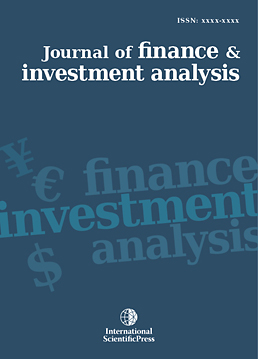Journal of Finance and Investment Analysis
Environmental, Social, and Governance and expenses of insurance companies
-
 [ Download ]
[ Download ]
- Times downloaded: 284
Abstract
The study explores the relationship between the expenses of insurance companies and their ESG performance. It analyses with panel data models a large sample of property and casualty (PC) insurers worldwide over the 2013-24 period. The results reveal that companies with strong ESG profiles benefit from lower underwriting, operating, and interest expenses. Moreover, alternative measures for the company expense ratio decrease as ESG scores improve. These effects are significant across all three ESG pillars, with the governance dimension having a slightly stronger impact. These findings suggest that ESG is a strategically important factor for efficient cost management in insurance companies, with potential implications for insurance availability and economic development. The research offers insights into ESG effects on the management of insurance companies, a domain that has not been extensively studied by the recent literature but has been closely monitored by managers and policy makers.
JEL classification numbers: G22, G30.
Keywords: Insurance companies, ESG, Expenses, Expense ratio.
